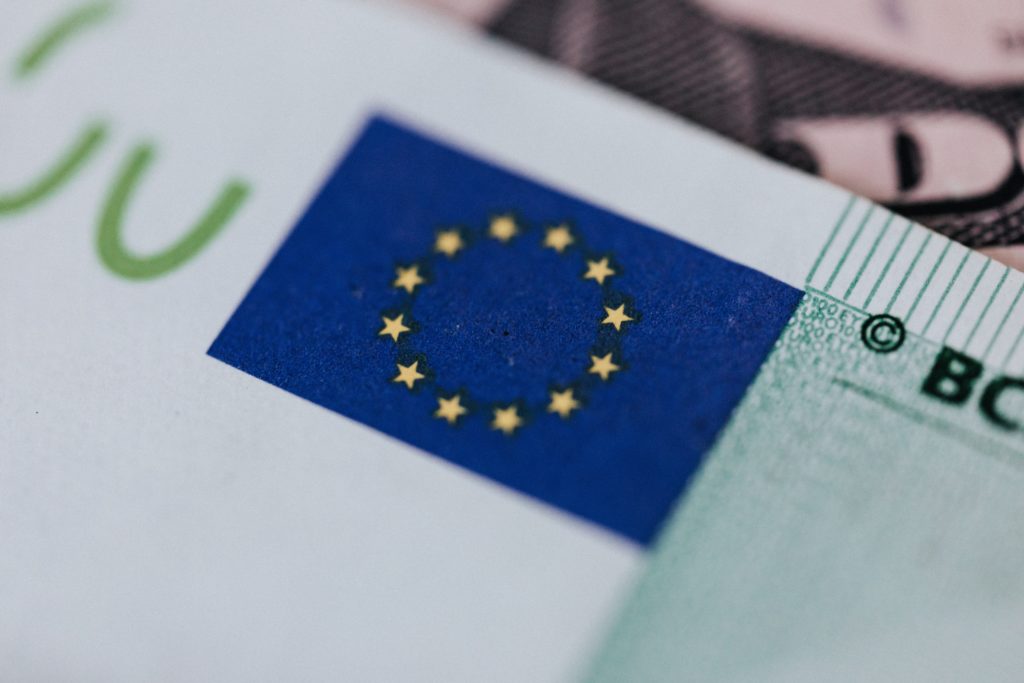
EU Report: Still no problems with Cardin-Lugar
This post originally appeared on thelugarcenter.org
By Jay Branegan
The European Union recently released its latest review of the EU version of the Cardin-Lugar legislation that requires oil, gas and mining companies to report their payments to governments. The bottom line: the reporting requirements, which have been in place now for five years, have imposed no competitive harm on the companies and pose no threat to European energy security.
The big news here: this is no news to most people who have been following implementation of Cardin-Lugar type laws around the world. Earlier reviews by Canada, Britain and the EU—all of which, along with Switzerland and Norway, passed anti-corruption reporting requirements modeled on the 2010 Cardin-Lugar legislation, Sec. 1504 of the Dodd-Frank financial reform bill—had found the same thing. Many major international oil companies have publicly come to the identical conclusion, and have said the compliance costs are minimal.
However, there are some people for whom this is apparently novel information: namely the two Republican commissioners of the U.S. Securities and Exchange Commission, Hester Peirce and Elad Roisman. They voted (along with then-Chair Jay Clayton, a Trump appointee) late last year to approve a watered down version of the regulation implementing Cardin-Lugar, badly out of step with the EU.
Their stated reasons were, in effect, that Congress had no business telling the SEC to help in the fight against global corruption. Investors don’t care, they said—even though investors representing trillions of investment dollars have called repeatedly for a strong rule.
In the background, however, were the same old evidence-free excuses: a rule conforming to the international standard would somehow hurt U.S. companies’ competitiveness and limit their ability to drill in some corrupt countries. This line has been pushed incessantly by some major American oil companies and their powerful lobbying arm, the American Petroleum Institute.
So for the record, here’s what the European Commission, the EU’s executive body, had to say in its April 2021 report reviewing the workings of the regulation:
–A study by a Milan-based consulting firm, VVA, “found no evidence that competitors from non-EU countries have significant competitive advantages by not being required to report on payments to governments.”
–“Nor did it find any cases of non-EU countries’ limiting the operations of EU companies due to reporting requirements.” This directly refutes Big Oil’s claim that American drillers would be kicked out of corrupt countries that want to keep their payments secret.
The report did have one criticism, namely, that some major countries, especially the United States and China, do not have the same reporting rules: “The [EU] policy overall undeniably makes the [extractives] sector more transparent, but global alignment remains a major concern for the industry. This is why both civil society and industry would like regulators to step up efforts to achieve a global level playing field.”
The current SEC, under new Biden-appointed Chair Gary Gensler, has a chance to do just that and leave China as the lone outlier in the battle against bribery and corruption in the oil and gas sector. As urged in a letter by Sen. Ben Cardin (D, Md), co-author with Sen. Lugar of the original Cardin-Lugar legislation, and Senate Majority Whip Dick Durbin (D, Ill.), the agency could promptly initiate a process to amend the weak December 2020 regulation, strengthening it so that it “serves as an effective tool for combating corruption and provides critical information to investors.”
Passing such a strong rule would indeed be big news. And long overdue.